Response
Life-threatening emergency?
Call 9-1-1!
Report suspicious behaviors to Delaware's Anti-Terrorism Tip Line at 1-800-FORCE-12 (1-800-367-2312) or via email to force12@delaware.gov.
Through local, state, and federal collaboration, Delaware ensures swift disaster response following natural and human-made emergencies.
Coordinated efforts between emergency services, government agencies, private sector, non-profit organizations, and the community help to protect lives, stabilize the situation, and minimize further damage caused by an emergency event.
Disaster Response Begins at the Local Level
When disasters strike, response efforts begin at the local level where first responders, including firefighters, law enforcement, and medical personnel, are mobilized to assist affected communities.
Critical resources such as shelters, emergency medical services, and public safety alerts are activated by local government and emergency management agencies to render essential aid to residents and communities in need.
Available disaster response resources can include:
- Local Fire and EMS Departments – Provide rescue and medical assistance across all three counties.
- DNREC's Emergency Response Team (ERT) – The DNREC ERT is the state's designated first responder for environmental emergencies.
- Delaware 211 – A free helpline connecting residents to emergency housing, food, and crisis support.
- Delaware Department of Health and Social Services (DHSS) – Provides social service resources related to public health, aging, homelessness, animal welfare, and mental health support.
- Delaware Division of Substance Abuse and Mental Health (DSAMH) – Offers mental health counseling and stress support. (A division of DHSS)
- American Red Cross of Delaware – Manages emergency shelters and provides disaster relief services including house fire support.
- Delaware Department of Health and Social Services (DHSS) – Offers a variety of social service support programs to include sheltering.
Tips
- If authorities issue an evacuation order, follow designated routes to approved shelters.
- Do not attempt to return until officials declare it safe.
- If instructed to shelter in place, stay indoors, close all windows and doors, and follow emergency guidance.
- Delaware Department of Transportation (DelDOT) – Updates on road closures, detours, and emergency routes.
- Delmarva Power & Other Utility Providers – Contacts that can help to restore electricity, gas, and water services.
Tips
- Avoid flooded roads, downed power lines, and unstable structures.
- Do not drive or walk through floodwaters as they may contain hidden dangers.
- Be aware of carbon monoxide poisoning risks from improper generator use—always place generators outside and away from vents, doors, and windows.
Sign up for real-time emergency alerts through Delaware's Emergency Notification System (DENS).
Stay Informed by monitoring local news or tuning into local radio.
Check for disaster response updates, advisories, evacuation orders, and available resources with your County Emergency Management Office.
 Sussex County
Sussex County
(302) 855-7801
 New Castle County
New Castle County
(302) 395-2700 City of Wilmington
City of Wilmington
(302) 576-3914
DEMA Coordinates When Disasters Exceed Local Capabilities
When a disaster exceeds local capabilities, the Delaware Emergency Management Agency (DEMA) activates and coordinates through the State Emergency Operations Center (SEOC). Guided by the Delaware Emergency Operations Plan (DEOP), DEMA acts as the state's lead coordinator to safeguard lives, protect property, and restore normalcy across Delaware.
When the SEOC activates, DEMA and experts serving in Emergency Services Coordinators (ESCs) help to deploy emergency teams and resources to impacted areas, while also providing emergency alert updates across the state. ESCs are comprised of personnel from various government agencies not limited to law enforcement, fire departments, specialized response teams, the Delaware National Guard, public works, housing, utility companies, health and social services, transportation authorities, private sector, and nongovernmental organizations (NGOs).
Using this collaborative approach, relief support can get to disaster-impacted communities efficiently and strategically.


Federal Support Begins When States Are Overwhelmed
When the impact of a disaster exceeds state capabilities and resources, federal agencies such as the Federal Emergency Management Agency (FEMA) may be authorized by the President to provide further assistance if a federal disaster is declared.
Federal agencies use the National Response Framework (NRF) to ensure a seamless response across local, state, and federal levels. The NRF is a guide to how the nation responds to all types of disasters and emergencies. It is built on scalable, flexible, and adaptable concepts identified in the National Incident Management System to align roles and responsibilities at all levels of response.
How Can I Help Disaster Survivors?
There are two important ways you can help disaster survivors - volunteering and donating.
By taking a whole community approach, we work together to minimize the impact of disasters and set the stage for Recovery.








